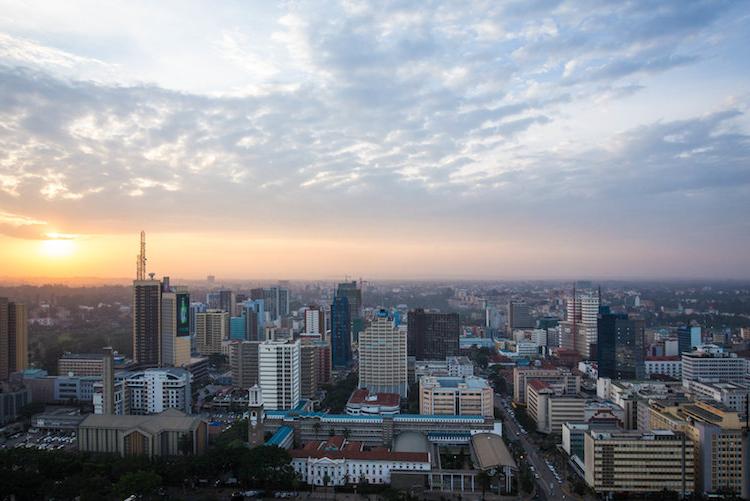As we approach the end of April, Kenya could be host to about 500 of the probable 30,000 COVID-19 positive cases in Africa. The country has instituted drastic containment measures -nationwide curfews and complete lock down of suspected hot spot locations: Nairobi, Mombasa, Kilifi and Kwale. The curfews and lock downs have pushed businesses (hotels, factories, offices, transport, markets etc), institutions- schools, churches and mosques; and informal occupations including fishing, trading, casual work and crafts to complete stagnation and closure. Since the pandemic outbreak, over 90% of workers in traders, factories and hotels (the dominant employers in the hot spot towns) have been laid off. Majority of these workers are poor and lowly educated men and women, living in informal settlements and villages in across the country.
Due to their dependency of daily wages and earnings to support their households, the closure of markets (or limiting of operations), factories and other workplaces and subsequent layoffs have hit poor households, especially those that are female headed hardest. Many women are now forced to stay home and assume the unpaid home care responsibilities for their children and families without alternative support mechanisms. Poor households are now faced with no income, no space, no social support; and too much intimacy. I hasten to add that I am aware of the social protection efforts by the various levels of government; while reserving my scepticism of their reach, sufficiency and effectiveness. Meanwhile, they are caught within the demands of complying to police-enforced curfews and adhering to medical stipulations of behaviour that leave no room for social agency and individual liberties.
Read full blog article by Dr Justus B. Aungo, PhD at https://uonresearch.org/blog/sociologists-in-times-of-covid-19-going-beyond-biomedical-hegemony/

